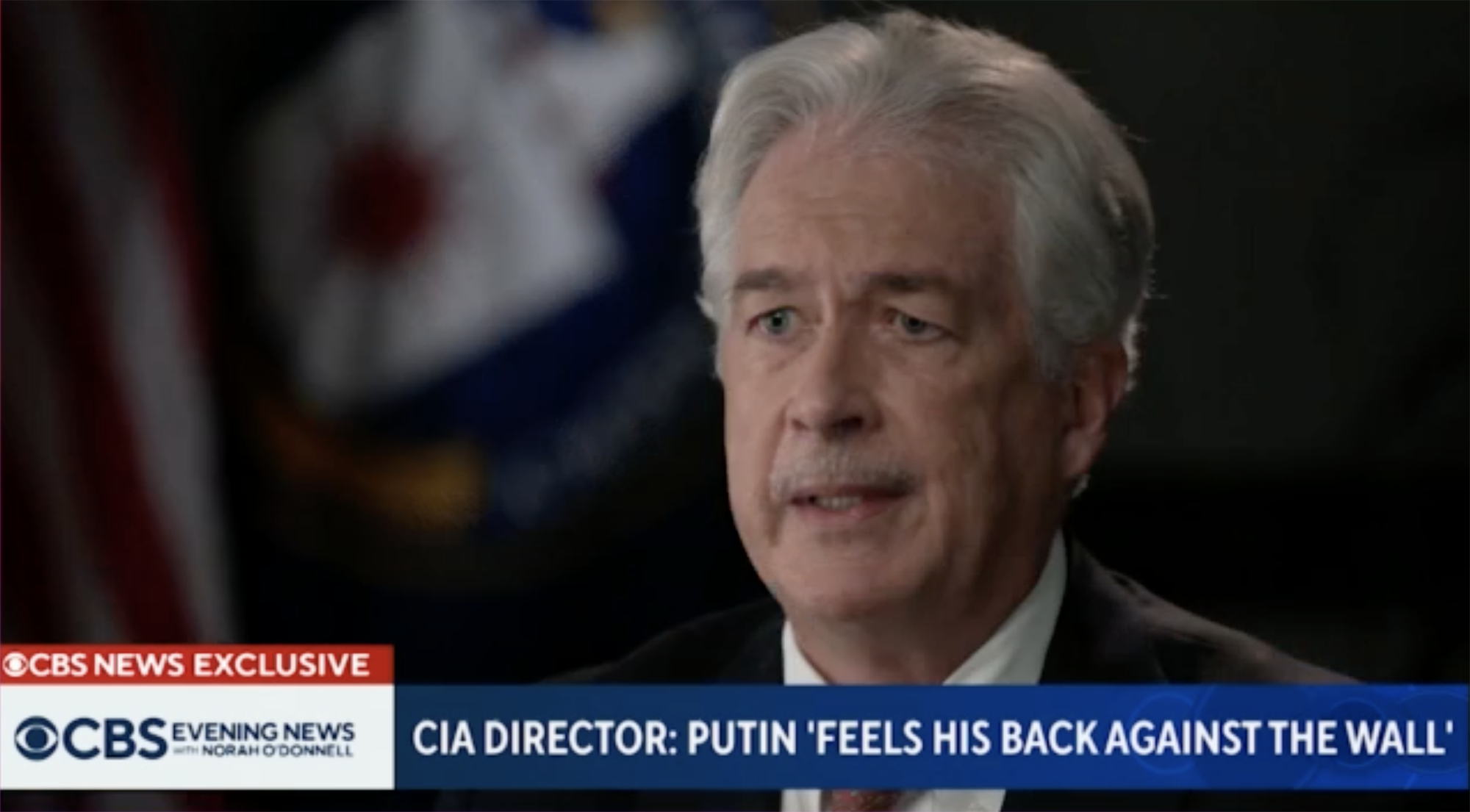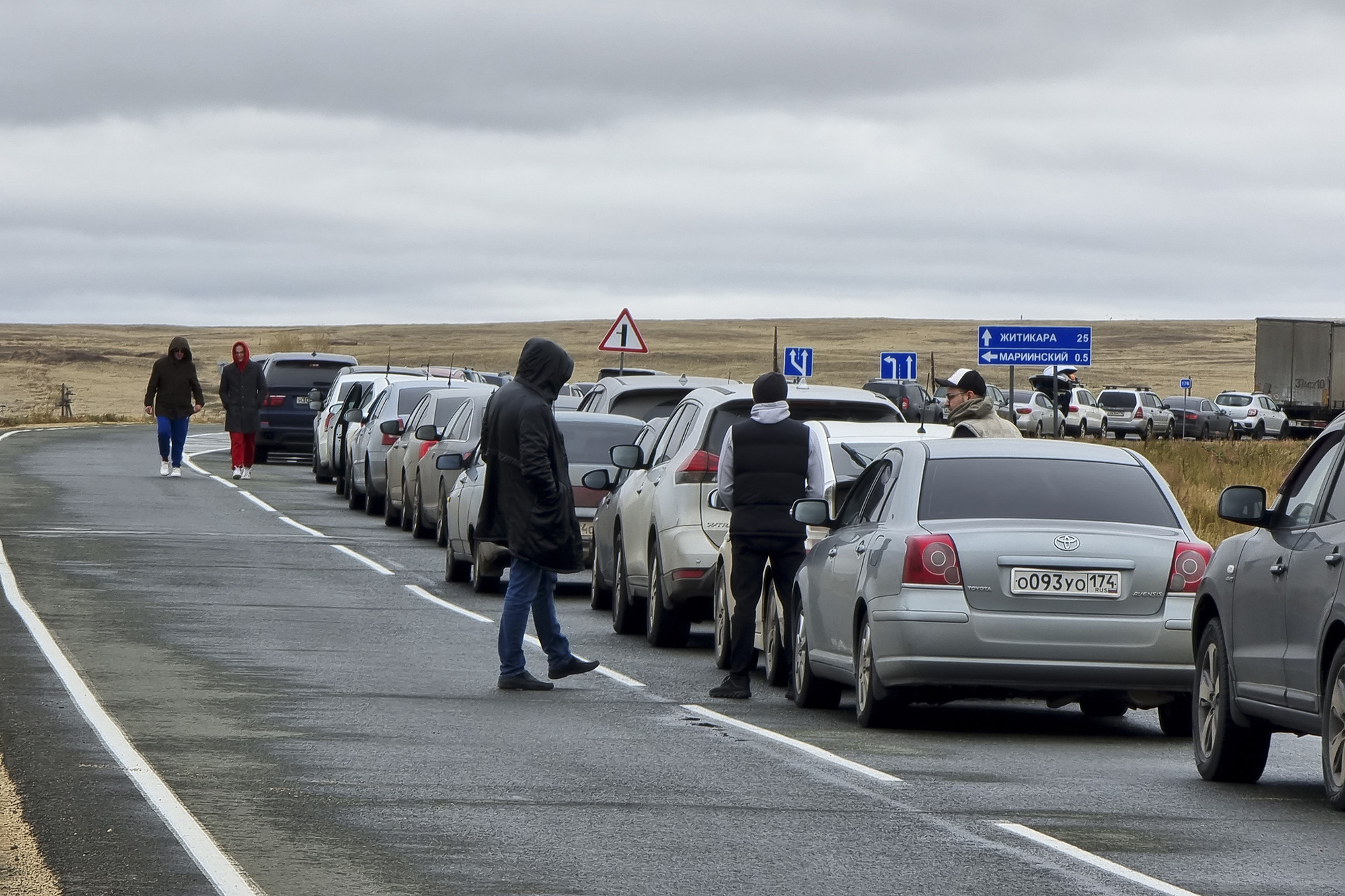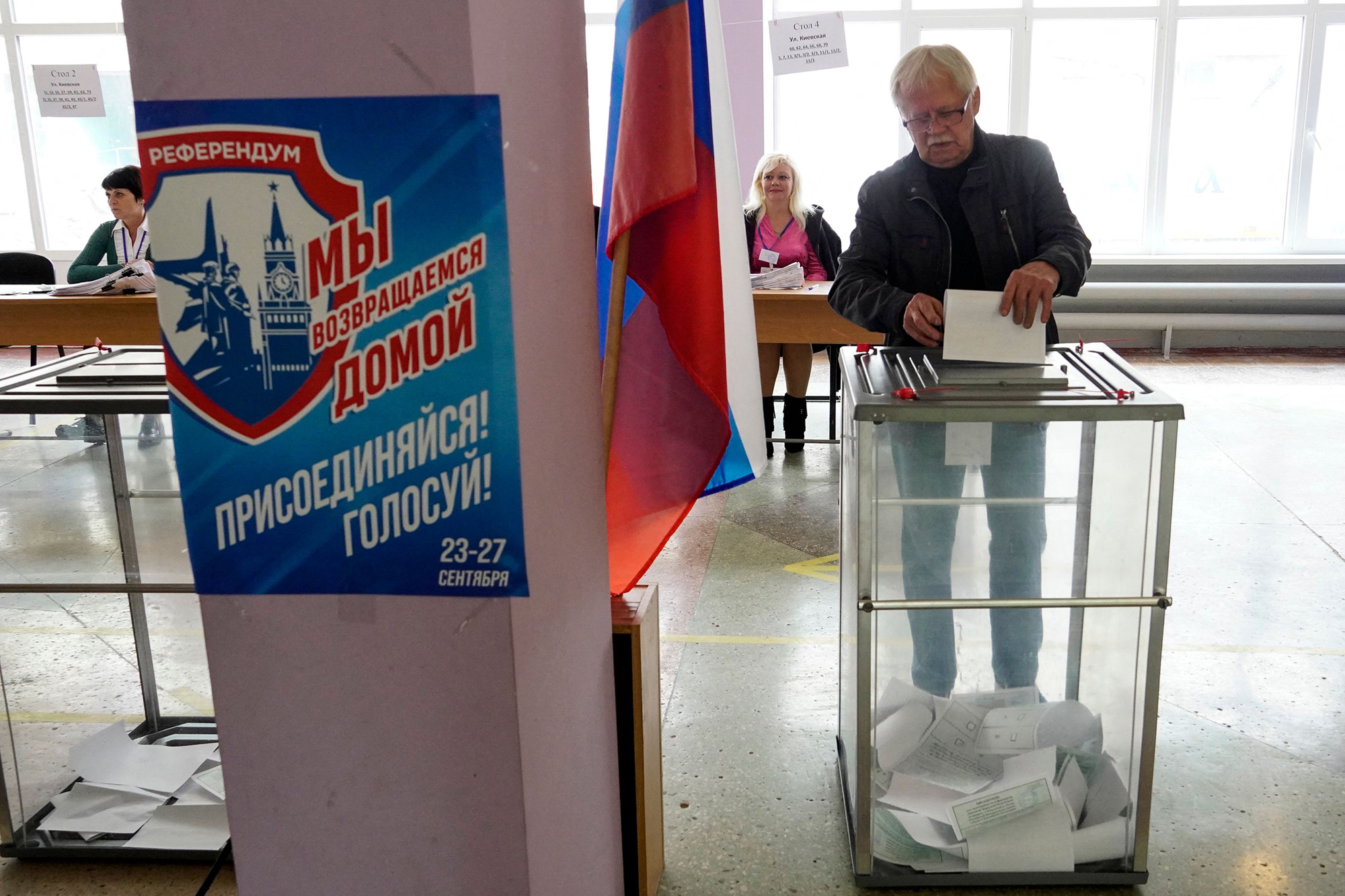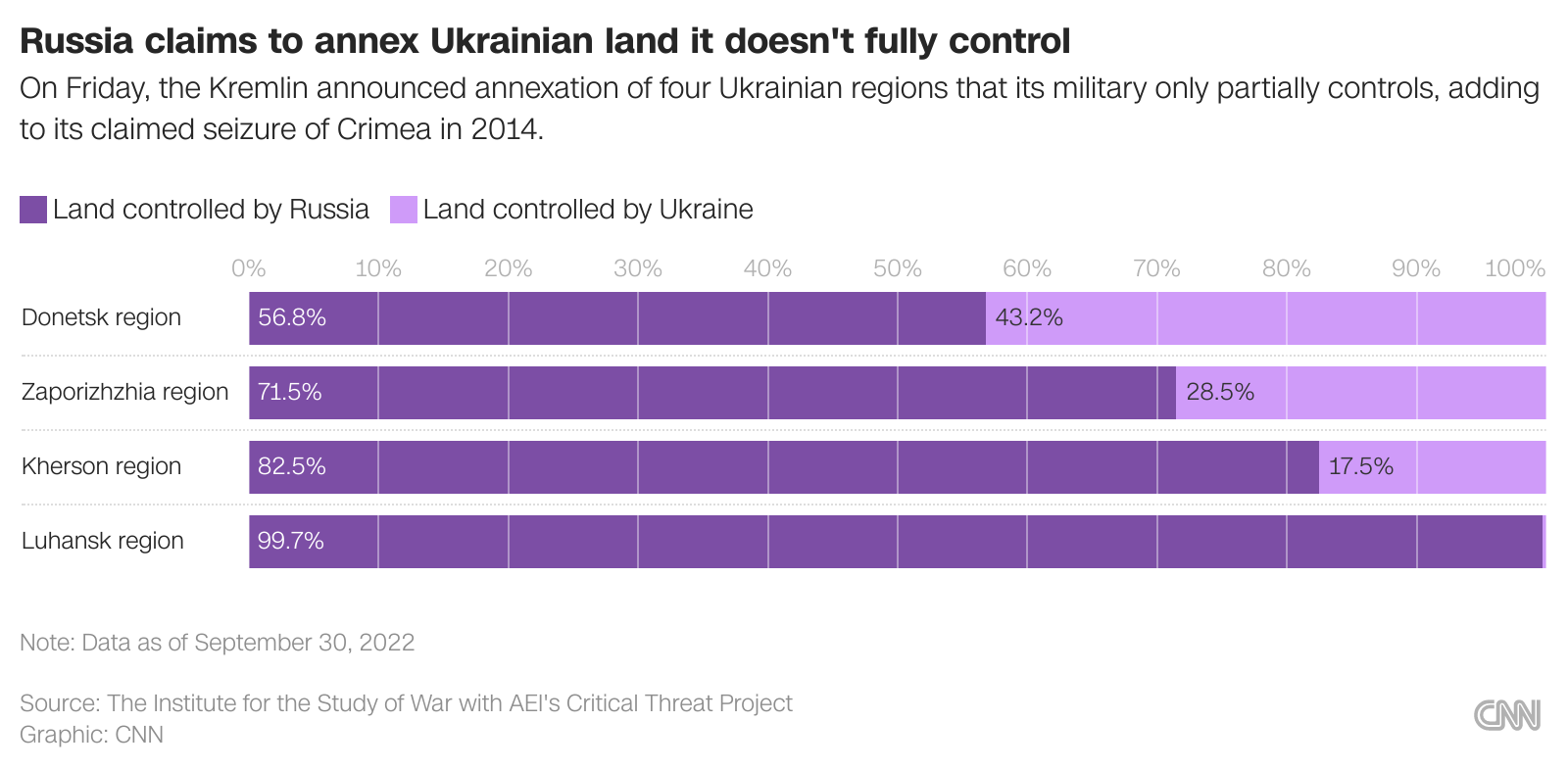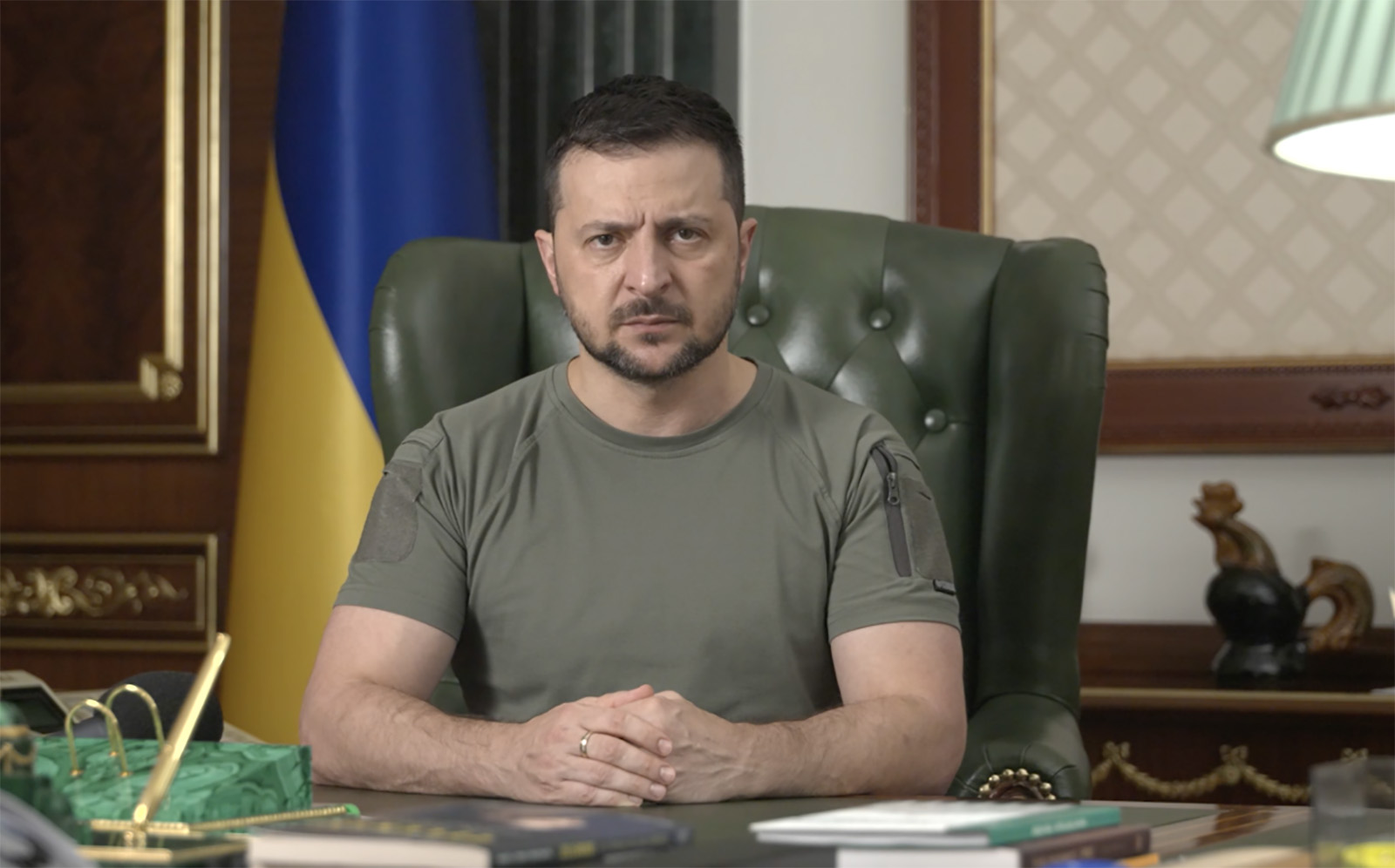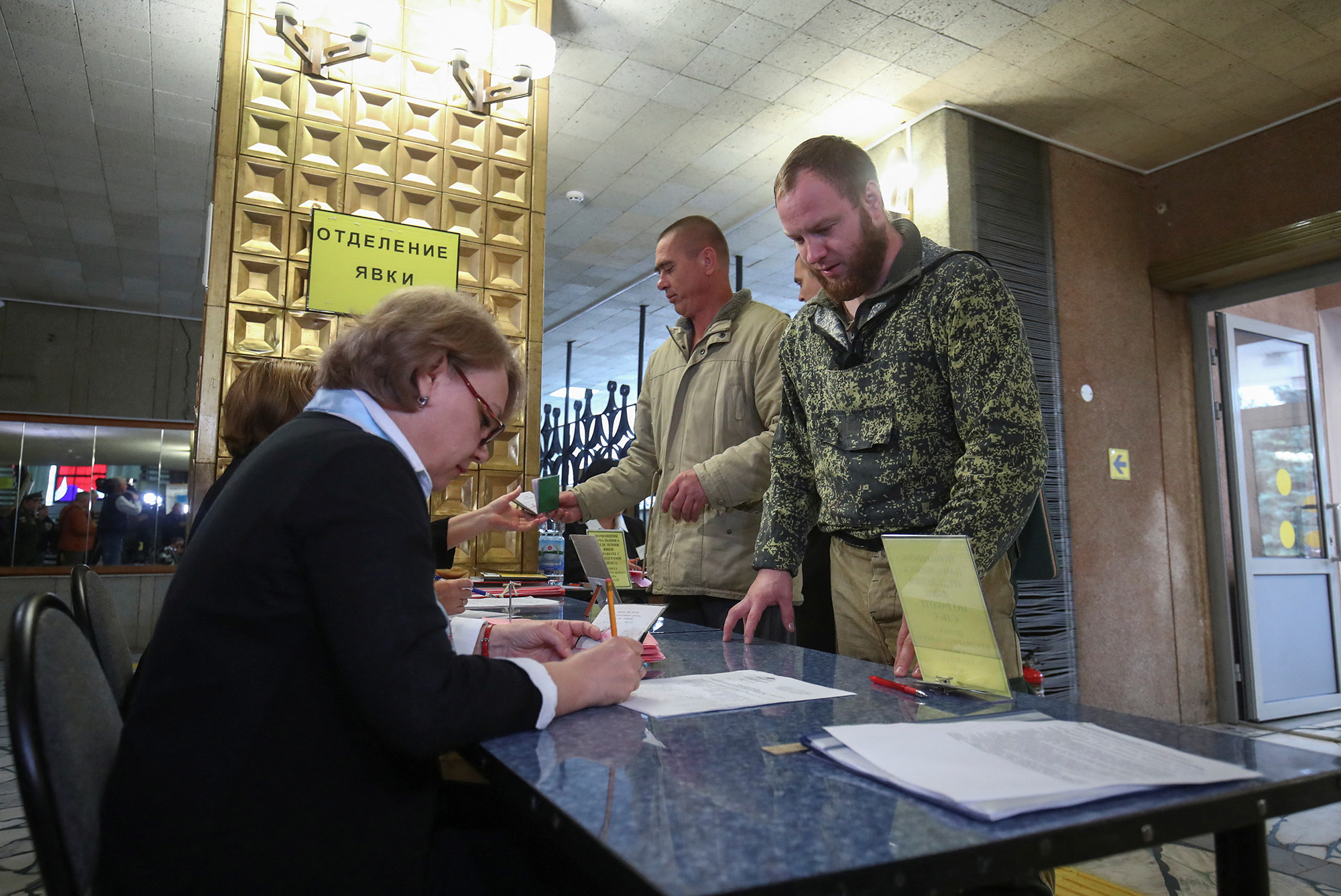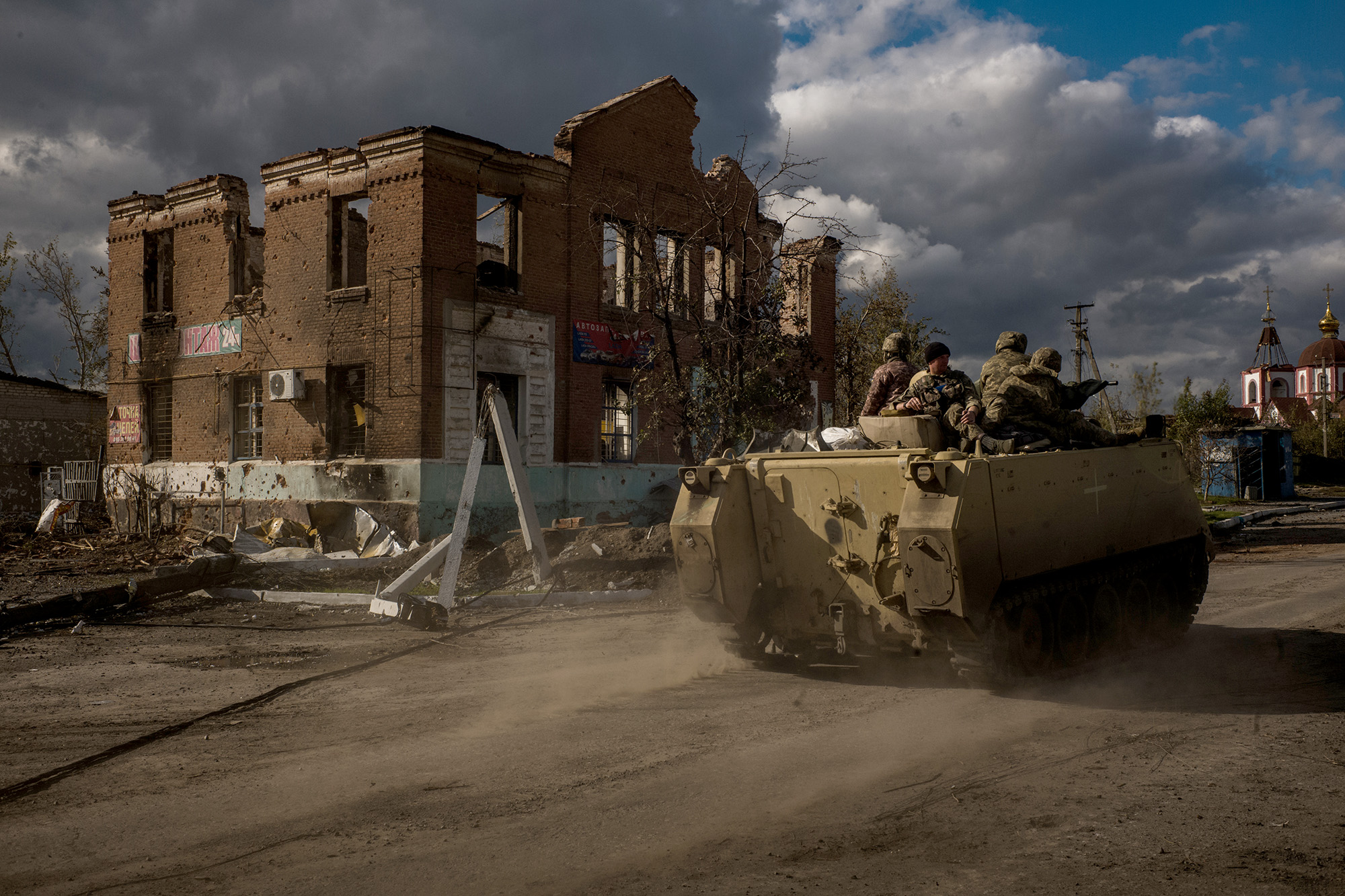
The Ukrainian Armed Forces captured Lyman over the weekend — one of its biggest achievements for weeks and a setback for Moscow. Lyman is in the Donetsk region, one of the four partially-occupied territories Russia declared on Friday it would annex.
Russia’s troops had withdrawn from the city in the face of the “threat of encirclement," the Russia's Ministry of Defense in Moscow confirmed on Telegram. By Sunday, Ukrainian President Volodymyr Zelensky declared Lyman was “completely liberated” of Russian troops.
Lyman was a logistical hub for the Russian army, who had used it to funnel troops and supplies to the west and south.
The city’s capture would complicate Russia’s battlefield operation, US Defense Secretary Lloyd Austin told reporters on Saturday.
“Lyman sits astride the supply lines of the Russians. And they've used those routes to push men and material down to the south and to the west. And without those routes it will be more difficult," he said.
Lyman could now become a staging post for the Ukrainian troops to push further east.
Since retaking the city, Ukrainian forces have moved into the neighboring Luhansk region, pro-Russian officials and propagandists alleged on Monday. “The Armed Forces of Ukraine managed to cross the administrative border of the LPR and gain a foothold in the direction of the settlement of Lysychansk,” Andrey Marochko, a military leader in the self-proclaimed Luhansk People’s Republic (LPR), wrote on Telegram.
Kyiv’s next target may be the town of Kreminna, about 24 kilometers (15 miles) east of Lyman.
Yuriy Podolyaka, a pro-Russian journalist, military blogger and analyst, wrote on Telegram Monday that he expected “a new offensive” in that direction to “begin any day [now]."
